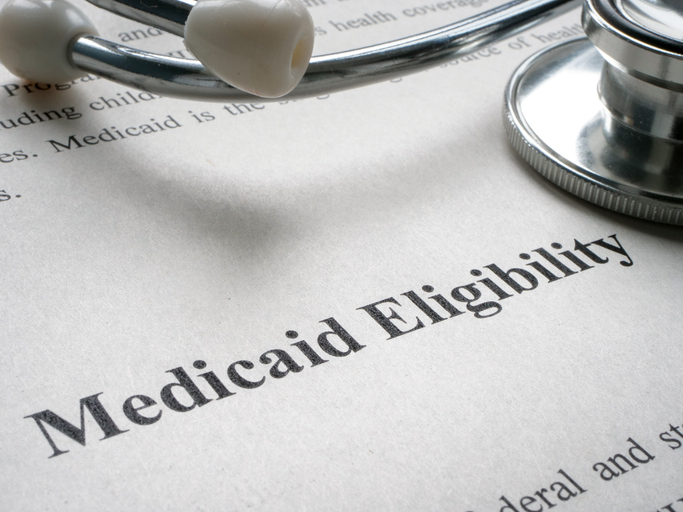The Internal Revenue Service held a hearing Monday on a proposed pension rule change that could kick approximately 90,000 charter school teachers out of state pensions.
“The IRS panel members were very clear that this is about listening and hearing from us,” said Renita Thukral, legal counsel for the National Association for Public Charter Schools. “I found them incredibly collaborative and problem-solving.”
Representatives for several other niche organizations also testified. Since the IRS entered the proposal in the federal register last November, it received at least 2,312 public comments. Ninety-five percent of those were by people concerned about impacts to charters.
Since 2006, the IRS has been trying to devise rules that would bar nongovernmental entities such as nonprofits from participating in government pensions. The plans are attractive because they offer better benefits than most private-sector workers get at a lower price to employers because taxpayers subsidize them heavily.
Some nongovernmental entities function as a government arm because they provide services only the government pays for, such as health or child care. Under current regulations, such entities can enroll employees in government pensions, spiking taxpayer expenses.
Thukral argues charter teachers differ from these nongovernmental entities because charter schools are fully public schools, explicitly provided for in most cases by state constitutions and statutes. In 24 states, charter school employees are required by law to participate in state pensions. In 18 more states, charters are allowed to participate, and most do.
Barring charters from government pensions, Thukral said, would significantly interfere with their ability to recruit from and share teachers with public schools, which hold the vast majority of the country’s teachers.
IRS officials questioned her about what changes they could make so charter employees were not kicked out of government pensions, and asked whether charter employees currently enrolled could stay while future charter employees were moved into another system.
“It’s important to protect the perception of charter schools as agents of government for legal reasons,” Thukral said, noting the confusion that would result over charter schools’ status as public schools if various levels of government treated them differently.
After considering the hearing and public feedback, the IRS will publish another notice and begin another period of public comment on a presumably revised set of proposed regulations.
Image by the European Parliament.



